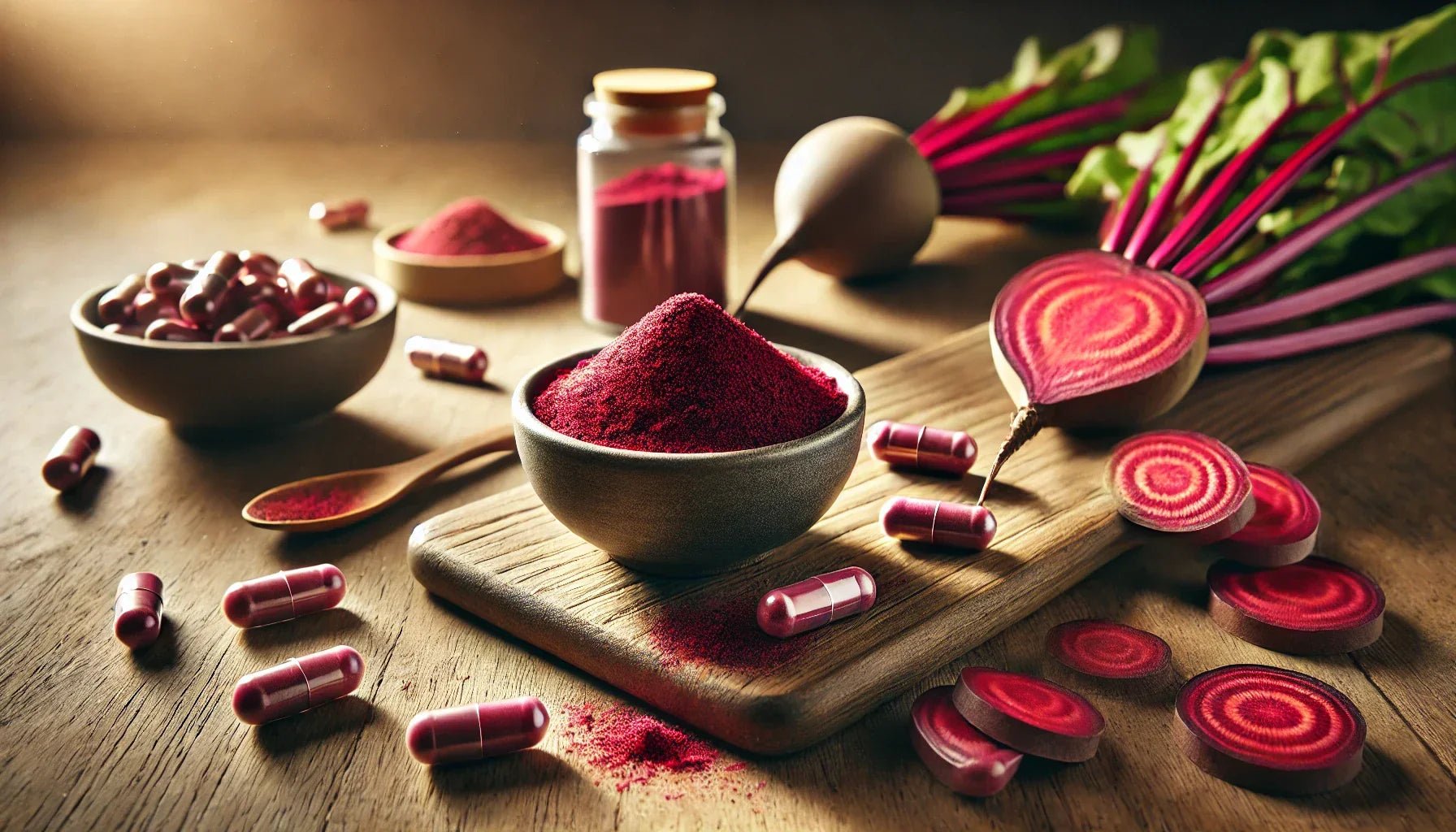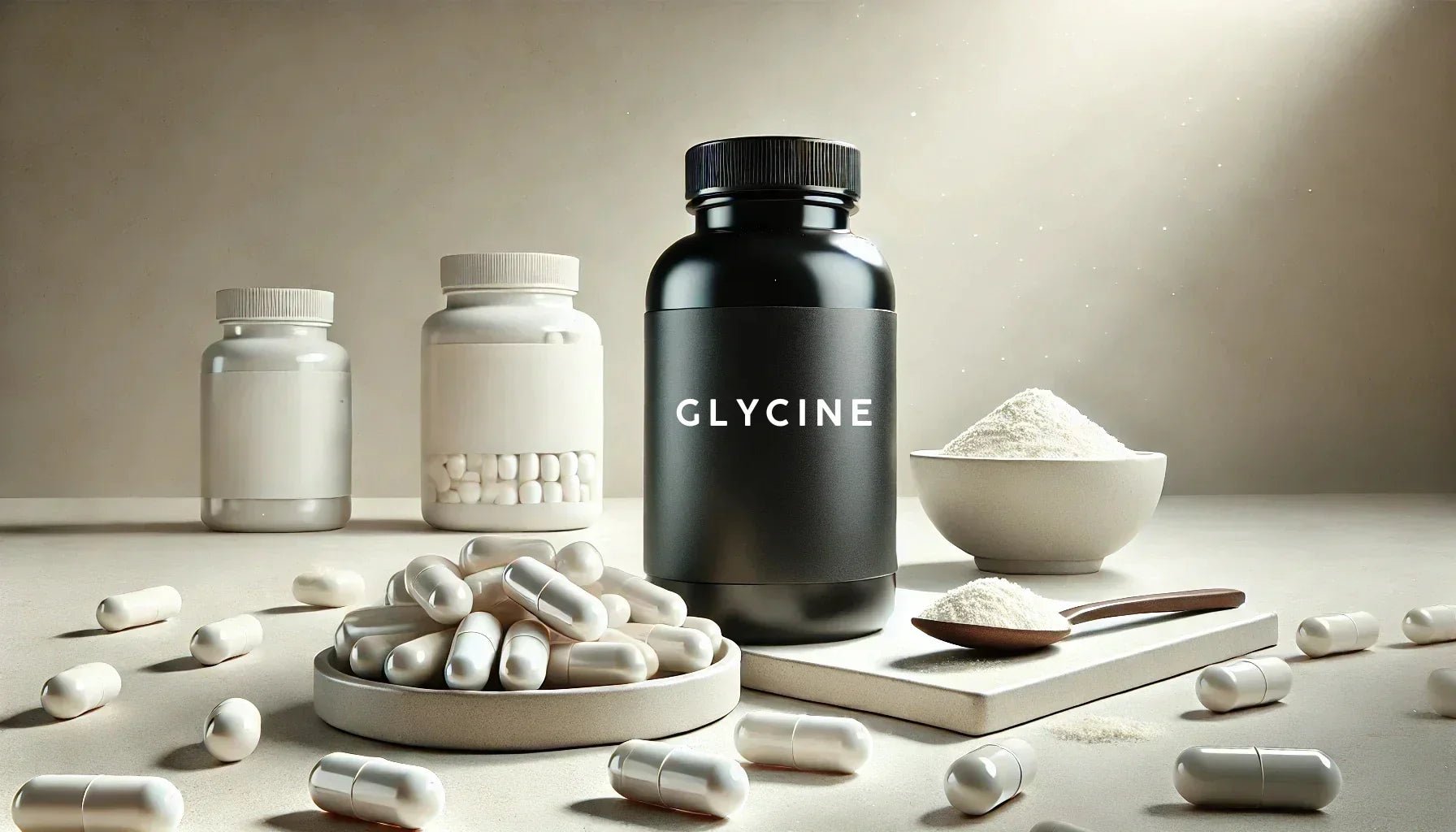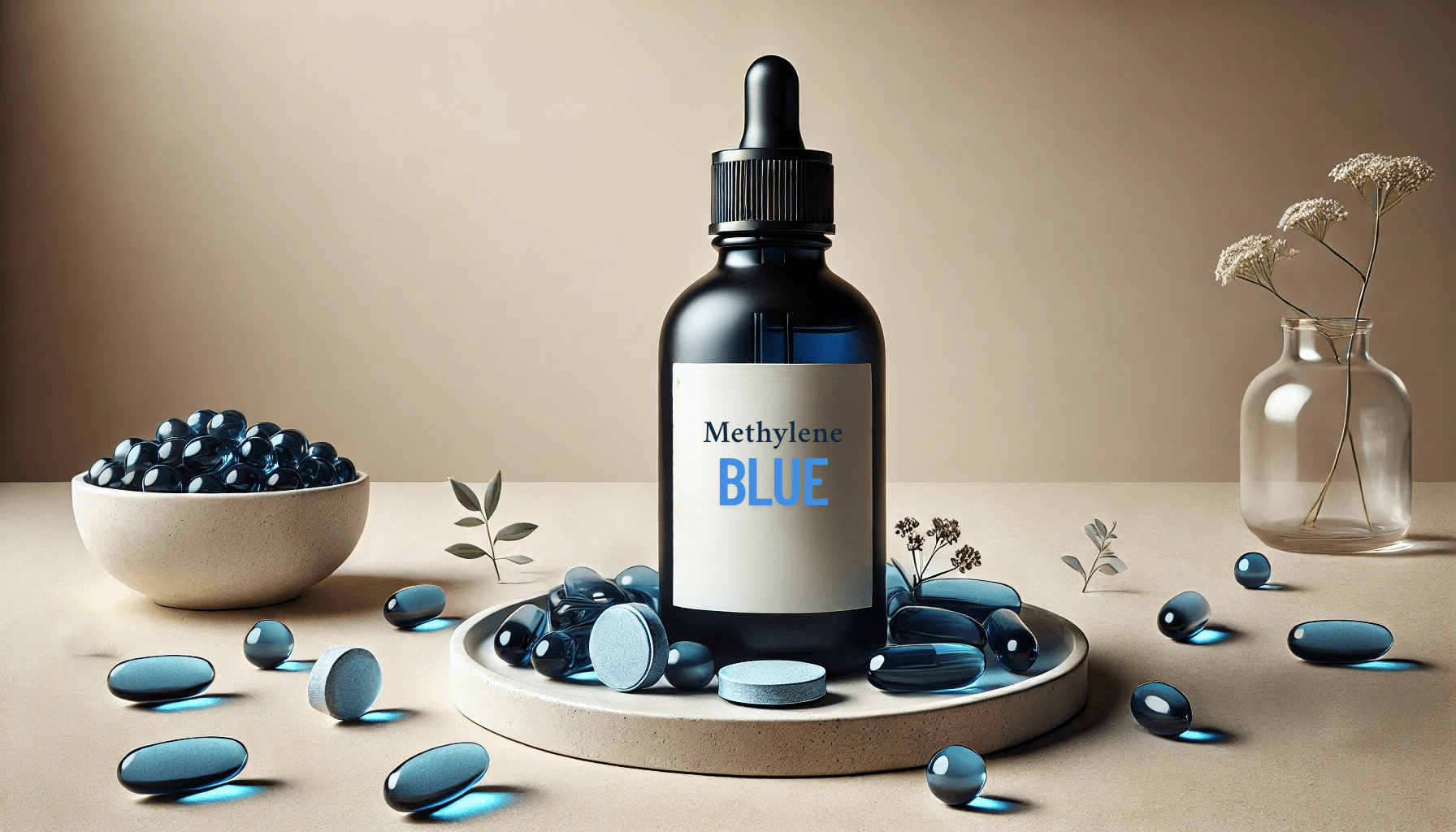Looking for a natural way to boost your energy, support your heart, or even improve your workouts? Beet root supplements are quickly becoming a favorite among athletes, wellness enthusiasts, and anyone interested in natural health. But what exactly is beet root, how does it work, and what does the science say about its benefits? In this guide, you'll discover what beet root supplements are, how they support your body, the best ways to use them, and what to watch out for—so you can decide if this vibrant root belongs in your daily routine.
What Is Beet Root?
Beet root supplements are made from the root of the beet plant (Beta vulgaris), a vegetable prized for its deep red color and earthy flavor. While beets have been eaten for centuries, modern supplements concentrate the root into powders, capsules, or juices for a more convenient way to enjoy its benefits.
The secret to beet root’s power lies in its high content of dietary nitrates, natural pigments called betalains, and a range of vitamins, minerals, and antioxidants. When you consume beet root, your body converts these nitrates into nitric oxide—a molecule that helps relax blood vessels, improve circulation, and enhance oxygen delivery to your muscles and organs. As highlighted in a 2017 review in Nutrients, these effects are the foundation for beet root’s growing reputation in cardiovascular and sports nutrition.
Thanks to these effects, beet root has gained popularity for its potential to support cardiovascular health, athletic performance, and even cognitive function. It’s especially popular among runners, cyclists, and anyone looking for a natural energy boost without caffeine or stimulants.
Health Benefits of Beet Root Supplements
Benefit 1: Supports Healthy Blood Pressure
One of the most well-researched benefits of beet root is its ability to support healthy blood pressure. Multiple clinical studies have shown that the nitrates in beet root can help lower both systolic and diastolic blood pressure in people with hypertension and in healthy adults. By increasing nitric oxide production, beet root helps relax and dilate blood vessels, making it easier for blood to flow. For example, a double-blind, placebo-controlled crossover study found that beetroot juice containing nitrate lowered aortic systolic blood pressure by about 5 mmHg within 30 minutes of ingestion. These effects, while short-lived after a single dose, demonstrate beet root’s potential for cardiovascular support.
Benefit 2: Boosts Exercise Performance and Stamina
Beet root is a favorite among athletes and fitness fans for good reason. Studies show that beet root supplements can improve endurance, increase time to exhaustion, and enhance overall exercise performance. The nitrates in beet root help your muscles use oxygen more efficiently, so you can work out harder and recover faster. According to a 2021 review in Frontiers in Nutrition, beetroot supplementation can enhance neuromuscular efficiency and support mitochondrial health, making it a natural pre-workout option for anyone looking to get more out of their training.
Benefit 3: Supports Heart and Circulatory Health
Beyond blood pressure, beet root’s nitric oxide-boosting effects may help protect your heart and blood vessels in other ways. Research suggests that beet root can improve arterial flexibility, reduce inflammation, and lower levels of certain blood fats. Some studies have even linked regular beet root consumption to reduced risk of cardiovascular events. Its antioxidant compounds, like betalains, also help fight oxidative stress—a key factor in heart disease. A 2015 review highlights beetroot’s ability to reduce oxidative stress and inflammation, with potential benefits for cardiovascular health, liver function, and even cognitive performance.
Benefit 4: May Improve Brain Function
Nitric oxide doesn’t just benefit your muscles and heart—it also supports healthy blood flow to your brain. Early research indicates that beet root supplements may help improve cognitive function, especially in older adults. In one study, participants who drank beet root juice before exercise showed increased blood flow to the brain’s frontal lobe, an area involved in decision-making and memory. A 2015 review notes that beetroot supplementation has been linked to improved endothelial function and cognition, though more clinical data is needed.
Bonus: Antioxidant and Anti-Inflammatory Effects
Beet root is rich in antioxidants, including betalains and vitamin C, which help protect cells from damage and reduce inflammation. Some studies suggest that beet root supplements may help lower markers of inflammation in the body, support liver health, and even aid in detoxification. These benefits make beet root a versatile addition to any wellness routine, whether you’re focused on heart health, athletic performance, or general vitality.
How Much Should You Take?
The ideal dosage of beet root supplements depends on your goals and the form you choose. Most studies use doses ranging from 250 to 600 mg of dietary nitrates per day, which typically equates to:
- 1–2 cups (250–500 ml) of beet root juice
- 3–6 teaspoons (6–12 grams) of beet root powder
- 1–2 standard capsules (check label for nitrate content)
For blood pressure support or general wellness, a daily dose of 500 mg to 1,000 mg of beet root extract is common. For athletic performance, many athletes take beet root 2–3 hours before exercise to maximize nitric oxide production. If you’re new to beet root supplements, start with a lower dose to assess tolerance and gradually increase as needed.
There are no official guidelines for children, pregnant or breastfeeding women, so consult a healthcare provider before use in these groups.
Are There Any Side Effects or Precautions?
Beet root supplements are generally safe for most people when used as directed. The most common side effect is beeturia—a harmless pink or red tint to urine or stools after consuming beet root. Some people may also experience mild digestive upset, such as bloating or gas, especially with high doses.
People with a history of kidney stones should use caution, as beets are high in oxalates, which can contribute to stone formation in susceptible individuals. If you have low blood pressure, consult your doctor before using beet root, as it may lower blood pressure further. Always speak with your healthcare provider if you are taking medications for blood pressure, blood thinners, or have any chronic medical conditions.
How to Choose the Right Beet Root Supplement
When shopping for beet root supplements, look for products that are standardized for nitrate content and free from unnecessary fillers or artificial colors. Choose brands that provide third-party testing for purity and potency. Beet root is available as juice, powder, capsules, and even gummies—each with its own pros and cons:
- Powder: Most cost-effective, can be mixed into smoothies or water, but has an earthy taste.
- Capsules: Convenient and tasteless, but check for adequate nitrate content.
- Juice: Fast-acting and palatable, but can be high in sugar and less concentrated.
- Gummies: Tasty and easy to take, but may contain added sugars and less active ingredient.
If you’re shopping in our store, look for our top-rated beet root powders and capsules, which are tested for quality and customer satisfaction.
Final Thoughts
Beet root supplements are a natural, science-backed way to support healthy blood pressure, boost energy and endurance, and protect your heart and brain. Whether you’re an athlete, managing your cardiovascular health, or simply seeking more vitality, beet root is a versatile supplement worth considering. Ready to experience the benefits? Explore our best-selling beet root products or consult your healthcare provider for personalized advice.
FAQs About Beet Root Supplements
Can I take beet root every day?
Yes, beet root supplements are safe for daily use for most people. Just start with a lower dose to assess tolerance and increase as needed.
What time of day is best for beet root?
For exercise performance, take beet root 2–3 hours before your workout. For general health, you can take it at any time of day.
Is beet root safe to combine with other supplements?
Beet root is generally safe with most vitamins and minerals. If you’re taking blood pressure medication or blood thinners, consult your healthcare provider first.
What results can I expect and how soon?
Blood pressure and energy benefits may be noticed within hours to days. Athletic performance improvements are often seen after 1–2 weeks of consistent use.
Does beet root interact with any medications?
Beet root may enhance the effects of blood pressure medications and blood thinners. Always check with your doctor before starting if you take these medications.










